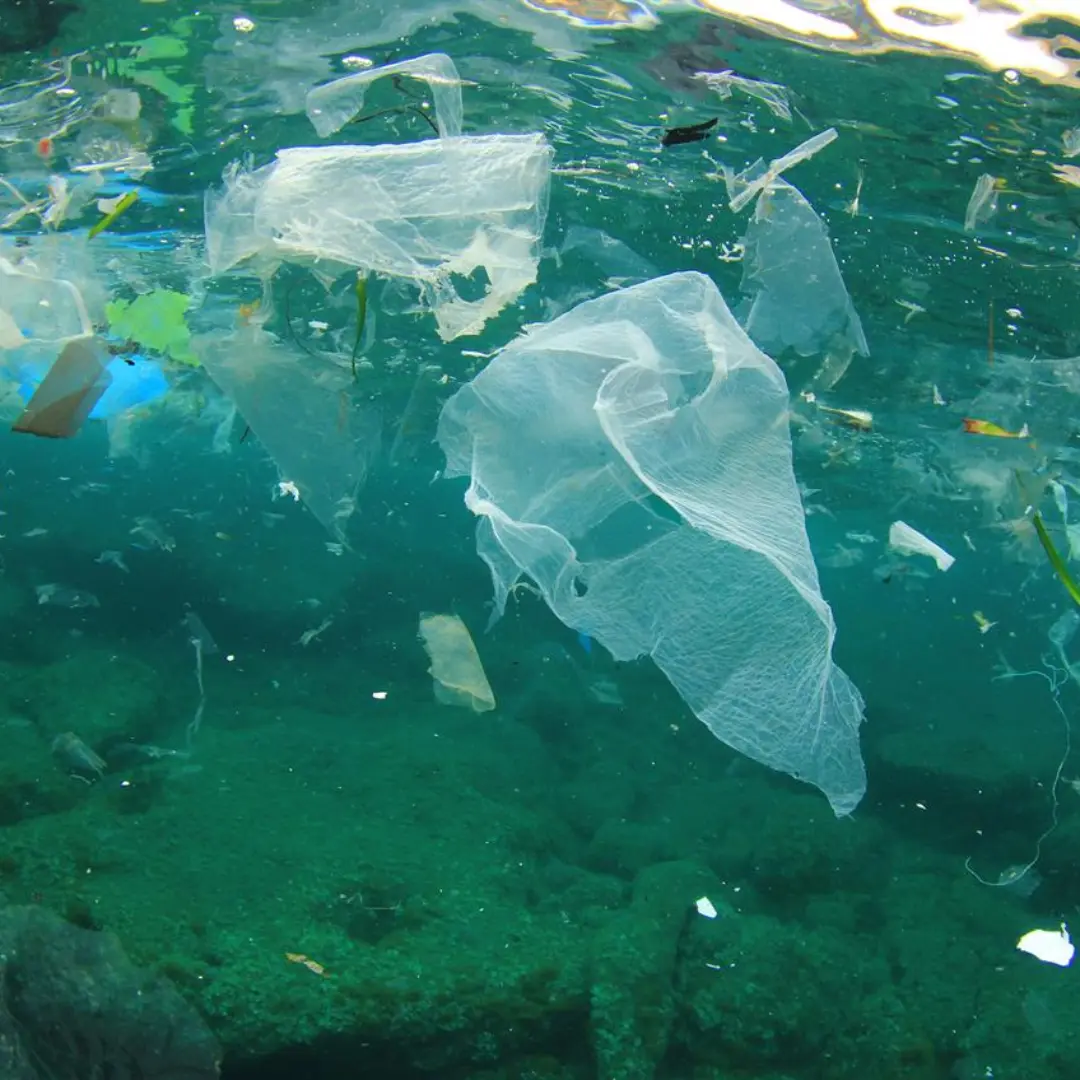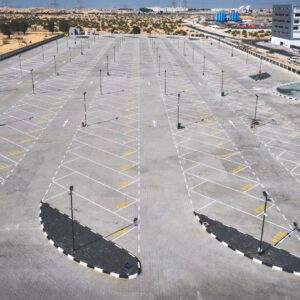The discovery of the oceanic fungus Parengyodontium album represents a promising advance in the fight against plastic pollution, particularly for the degradation of UV-exposed polyethylene. Polyethylene is one of the most prevalent forms of plastic, widely used in products such as water bottles, packaging, and other disposable items. This type of plastic is notoriously resistant to natural degradation, contributing significantly to the global plastic pollution crisis.
Research has shown that Parengyodontium album can specifically target and break down polyethylene that has been exposed to ultraviolet (UV) light. UV exposure causes the plastic to undergo a series of chemical changes, making it more susceptible to microbial attack. This UV-induced degradation process creates micro-fractures and alters the polymer structure, facilitating the breakdown of the material. The fungus then secretes enzymes capable of further degrading the plastic into smaller, less harmful molecules.
The ability of Parengyodontium album to degrade polyethylene is particularly significant because it offers a biological solution to a problem that has long been tackled through chemical and physical means, often with limited success and potential environmental side effects. Traditional methods of plastic disposal, such as incineration or landfilling, pose serious environmental hazards, including air pollution and soil contamination. In contrast, using a natural organism like Parengyodontium album for plastic degradation is more environmentally friendly and sustainable.
Moreover, the potential applications of this fungus extend beyond just degrading plastic waste in the environment. It could be harnessed in bioreactors or other controlled settings to manage plastic waste more efficiently. By integrating this biological process into waste management systems, it is possible to reduce the volume of plastic waste that ends up in oceans and landfills, mitigating the adverse effects on wildlife and ecosystems.
However, further research is needed to fully understand the mechanisms through which Parengyodontium album degrades plastic and to optimize conditions for its use in large-scale applications. Challenges such as the rate of degradation and the complete breakdown of plastic into non-toxic byproducts must be addressed. Nevertheless, the discovery of this fungus is a promising step forward in the global effort to manage plastic pollution more effectively and sustainably.









